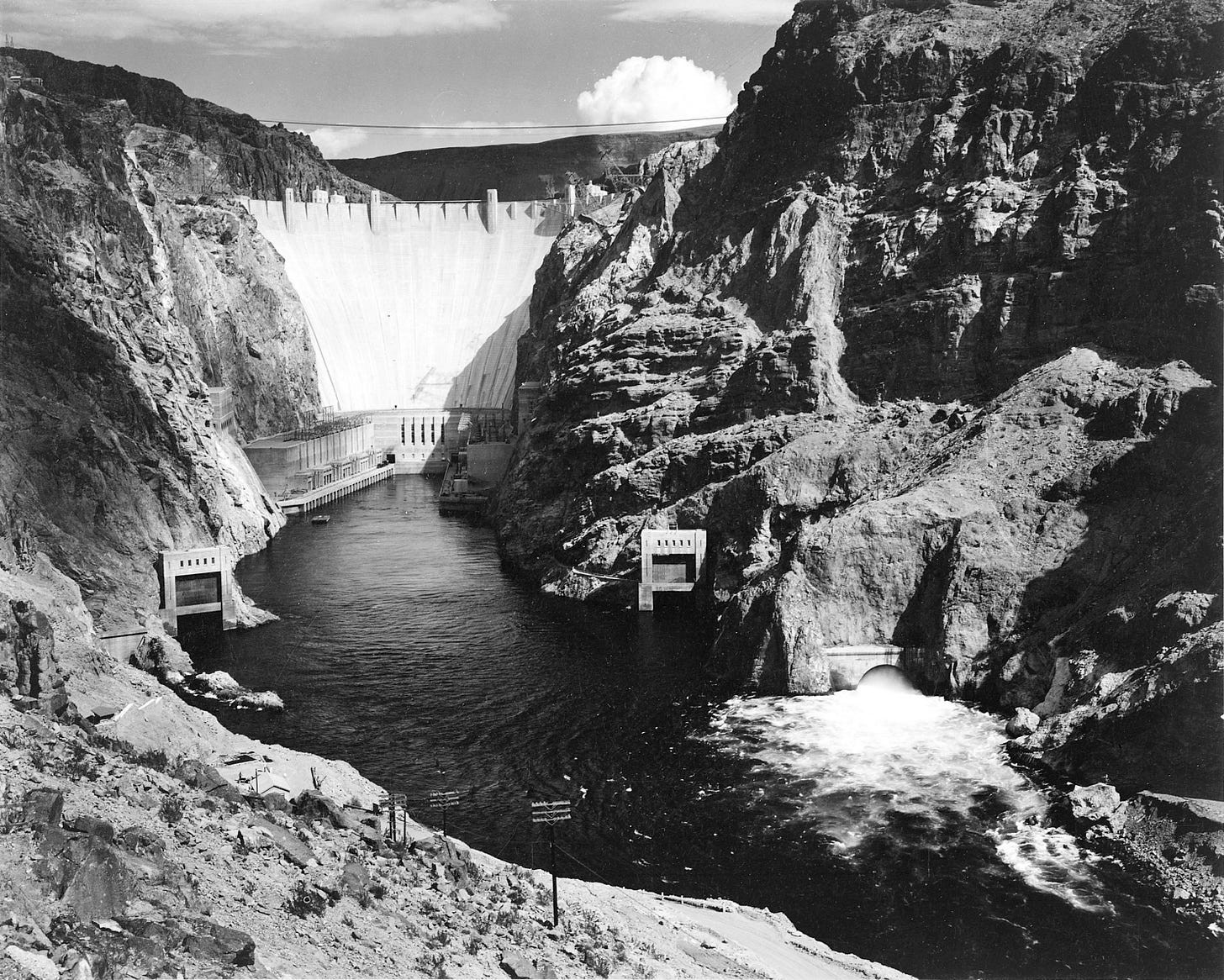Why Governments Are Essential in Stopping Climate Change
Climate change is one of the most urgent challenges facing humanity, and the world is increasingly looking to governments for action. A recent United Nations survey, the Peoples’ Climate Vote 2024, gathered the views of 73,000 people across 77 countries. The results were striking: 80% of respondents want their governments to take bold action to address the climate crisis, and 86% believe governments should set aside political differences and work together. Even in high-emitting countries, support for government leadership is strong—from 66% in the United States to 93% in Italy.
This overwhelming public support reflects a critical truth: the market alone cannot solve climate change. For decades, we’ve been told that innovation and competition would drive sustainability. Yet during that time, global temperatures have steadily risen—and are now accelerating. Simply put, the private sector has not met the challenge.
This should come as no surprise. Most corporate leaders do not prioritize climate change, often ranking it below issues like regulation or inflation. Meanwhile, the consumption and investment patterns of shareholders—the very people CEOs are accountable to—remain major drivers of global warming.
Although many companies now market themselves as "sustainable," this often serves more as a strategy to boost profits than to meaningfully cut emissions. Consider electric vehicles (EVs): while they may help reduce emissions in the long run, they don’t fundamentally transform the systems that caused the crisis in the first place. In fact, manufacturing EVs emits more greenhouse gases than producing gasoline-powered cars. Once on the road, EVs still rely on electricity from grids that, in most parts of the world, are powered by fossil fuels.
More importantly, replacing gas cars with electric ones does not address the deeper need for environmentally and socially sustainable transportation. EVs still require roads; their tires release microplastics; their batteries degrade over time; and they rely on the same car-centric infrastructure that contributes to urban sprawl, pollution, and inequality. Despite falling sticker prices, EVs remain unaffordable for many—especially when factoring in insurance, maintenance, and parking—costs that burden both EV and gasoline car owners alike.
The uncomfortable truth is this: more “green” consumer products alone will not stop climate change—at least not in time to prevent ecological and societal breakdown.
This is why governments must step in. Addressing climate change requires rapid, large-scale action that only public institutions can deliver. The world economy must transition off fossil fuels and onto renewable energy. Electrical grids must be modernized. Infrastructure—roads, bridges, buildings—must be adapted to withstand more extreme weather. Regulations are needed to stop deforestation, reduce plastic production, and protect ecosystems from chemical pollution.
Even if all emissions ceased today, the planet would continue warming for decades. In response, trillions of dollars per year are required—not only for mitigation (cutting emissions) but also for adaptation (managing the consequences we can no longer avoid).
These investments are far beyond what the private sector is willing—or able—to take on. Infrastructure has always been a public responsibility: it is expensive, slow to build, and requires constant upkeep, making it unappealing to profit-driven businesses. Yet many of these same businesses lobby governments for tax breaks and deregulation, undermining the very public systems needed to address the climate crisis. At the same time, profitable companies—including fossil fuel giants—receive public subsidies, while others, like major tech firms, profit from taxpayer-funded technologies which they use to help oil companies find new reserves.
Ultimately, solving climate change demands leadership, coordination, and a commitment to the public good. Unlike corporations, governments are accountable to their citizens. They have the legal authority, financial and administrative resources, and—crucially—the public support necessary to drive transformative change.
The real question is no longer whether governments can lead the fight against climate change. It is whether they will.



